|
It’s the New Year in Southeast Asia coming up! Here are various celebrations at Theravada Buddhist temples around town. If you’re new, the largest ones to check out would be April 10 at Wat Buddha Bucha – Thai temple in Decatur, or April 16 & 17 at the Cambodian temples Wat Khmer in Lithonia and Wat Trairatanaram in College Park. In the morning, monks will be chanting inside in Pali, an ancient Indian language, while vendors will be outside. Cultural performances will be mostly after lunch. Not much is in English usually. Please bring cash to support the family-run food and gift vendors, consider making a donation to the temple, and please do not bring alcohol or drugs or smoke.
0 Comments
Interesting News and Buddhist tidbits from late 2021 / early 2022
- Burmese Buddhism Under Siege There are few means available to send very badly needed donations to support families, communities, monasteries, and nunneries in Burma (Myanmar). https://www.buddhistglobalrelief.org/burmese-buddhism-under-siege/? - Covid Crisis: Donate to help monasteries in India through the Tibet Fund The pandemic has brought Covid-19 to the Tibetan monasteries in India -- please donate to Tibetan Buddhist monasteries, who often have no major financial support other than Western donors like us. The Tibet Fund is one reputable option: https://tibetfund.org/ - Dharma Realm Buddhist University now enrolling for 2022 In person classes for Bachelor's and Master's degrees in northern California at the City of Ten Thousand Buddhas! http://www.drbu.edu - Atlanta college students stepping up during the pandemic Members of Atlanta Tzu Chi Collegiate Youth help tutor the community virtually this past year: https://tzuchi.us/blog/atlantas-tzu-chi-collegiate-youth-association-launches-free-online-tutoring-amid-remote-learning - May We Gather honors lives cut short due to violence Today, on the 100th day memorial of the Atlanta-area shootings, join us in honoring lives cut short due to anti-Asian violence and racial/religious animus. Please watch and share this short highlights video from May We Gather: A National Buddhist Memorial Ceremony for Asian American Ancestors. Released one hundred days after the tragedy in Atlanta and marking an important memorial period in many Buddhist traditions, this video can be a resource for classrooms, sanghas, and other communities. After watching the video, you may wish to make a ritual offering of light, incense, or flowers; to recite a chant; or to simply observe a moment of respectful silence. https://www.maywegather.org/ - Congresswoman Lucy McBath introduces gun safety legislation and universal background checks AtlantaBuddhism.org was invited as an interfaith representative on a panel with US House of Representatives Congresswoman Lucy McBath (Georgia's 6th Congressional District representative, which includes Atlanta suburb areas like Chamblee and Alpharetta) as she described her efforts to reduce violence and deaths by eliminating loopholes that allow guns to be sold without background checks. https://mcbath.house.gov/gun-safety On July 21, 2021, we held an in-person youth summer camp day for children and teens! Activities included Dharma talks, mindful lunch, walking meditation, chanting in English, Buddhist songs, watermelon eating contest, singing and talent show with musical abilities, trampoline, playground, painting, arts and crafts, and more! And, it was completely free! Thank you to Maiha for making it possible, the Venerable monks and nuns and the many adult volunteers, especially from the Vietnamese-American community, and to donors who contributed, including Georgia Buddhist Summer Camp and AtlantaBuddhism.org.
Don't forget, you can sign up for email reminders for the next Georgia Buddhist Summer Camp, write us at [email protected]! May We Gather
Please join us in supporting #MayWeGather, A National Buddhist Memorial Ceremony for Asian American Ancestors, to be livestreamed on Tuesday, May 4, 2021 at 7pm Eastern. Join the list of endorsing individuals and temples at www.maywegather.org Commemorating the Day of Remembrance February 19:
While we are not aware of any Japanese Buddhist temples in Georgia (though there are several groups that practice in various Japanese Buddhist and Zen traditions), it is important for us to mark the historical discrimination that Japanese-Americans and Buddhists faced: The forced removal and incarceration of roughly 125,000 persons of Japanese ancestry, two-thirds of them U.S. citizens, into various kinds of confinement sites during WWII began with the arrest of Buddhist priests even before the smoke had cleared at Pearl Harbor. The prewar surveillance of Buddhist temples and the targeting of Buddhist and Shinto priests as threats to national security was based on a long-standing presumption that America is essentially a White Christian nation. The first federal immigration law that targeted a particular group for exclusion was the 1882 Chinese Exclusion Act that deemed the predominantly Buddhist/Taoist Chinese immigrants as the “heathen Chinee,” a group religiously and racially unassimilable. Despite this long history of religion-racial animus, Buddhists drew on their teachings, practice, and community to not only survive the wartime incarceration, but advocate for a vision of America that is multi-ethnic and religiously free. The incarceration experiences of Japanese American Buddhists offer a way to heal and repair America’s racial and religious fractures that endure in different ways even to the present. At a time when the karmic legacy of America’s racial past has put into question what becomes monumentalized, Prof. Williams will outline a major new initiative to remember the names of those incarcerated in the form of a Buddhist monument that he is creating. Excerpt from: Duncan Ryūken Williams, Professor of Religion/American Studies & Ethnicity/East Asian Languages & Cultures at the University of Southern California and Director of the USC Shinso Ito Center for Japanese Religions and Culture. Williams is the author of the LA Times bestseller American Sutra: A Story of Faith and Freedom in the Second World War (Harvard University Press, 2019) He will give an academic talk, A REMEMBRANCE OF NAMES: A BUDDHIST MONUMENT TO THE WWII JAPANESE AMERICAN INCARCERATION In Harvard session, Dalai Lama sees connection as the response to turmoil:
“Happiness is in the mind,” the Dalai Lama said. As individuals and as leaders, when we reach out to others, lifting them up, we experience that connection, and the resulting fulfillment brings us happiness. We need a sense of oneness. We are each one of 7 billion human beings.” “Time is always moving,” he said. “We cannot change the past. The future is not yet come. What kind of future depends on the present, the younger generation — you are the key people who can create a happier future. So, please, you should not just copy what has happened. New thinking is very necessary. Please think more.” https://news.harvard.edu/gazette/story/2021/01/in-harvard-session-dalai-lama-sees-connection-as-the-response-to-turmoil/ You can watch the entire Harvard Business School session on the Dalai Lama Youtube channel Faith in Buddhism: Buddhism doesn't require faith in a god or creator (especially not one who is vengeful and murderous and demands worship). True faith in Buddhism is in the conviction in your own potential to purify your body, speech, and mind, and become enlightened. Read this excerpt below from Venerable Master Hsing Yun: True religious faith is built upon selfless compassion and detachment from form. Most do not realize that religious faith is based on right view, honesty, righteousness, and selfless dedication to helping others. In fact, it matters not to the Buddhas and Bodhisattvas whether one believes in them or not. To them, they gain and lose nothing. However, it would be a true pity if a person lacks faith in themselves. Self-doubt in one's ability, knowledge, and understanding all arise from a lack of self-belief. A person who has faith in themselves is capable of committing wholesome deeds and has the strength to help others. Moreover, they are able to discern the wholesome from unwholesome and believe in their own capability and potential. Would that not be a meaningful life? Certainly, the levels of faith can be likened to a school system that includes primary school, secondary school, and university. Just as students complete their grade levels sequentially, faith has its own increments, beginning with a basic understanding and gradually progressing with each step. Regarding the different levels of faith, I once said, "No faith is better than wrong faith, blind faith is better than no faith, and right faith is better than blind faith.' The basis of any religion should be established upon right faith that allows us to reap immeasurable benefits. Not only should one develop right faith, one should also believe in a religion that allows one the freedom to do so. Particularly, it is best for everyone to have confidence and faith in themselves. Buddhism teaches that the most important faith is faith in oneself, to believe in one's potential to attain Buddhahood and to be a good person. As such, is it not important to have faith in oneself? Excerpts adapted from Fo Guang Shan Monastery in Taiwan Categories All 75th Anniversary of the Atomic Bombings of Hiroshima and Nagasaki 75 years ago, hundreds of thousands of civilians perished in two atomic bombs in Hiroshima and Nagasaki Japan. Let us work towards a world of peace without the threat of nuclear annihilation. The current administration is doing just the opposite. We encourage everyone to let your representatives know that spending more money on nuclear weapons and another free for all arms race is not the right choice to ensure the survival of our planet. https://www.nytimes.com/2020/08/06/opinion/hiroshima-anniversary-nuclear-weapons.html "We human beings have created many of the problems in today’s world. As long as we have strong negative emotions and we view our fellow beings in terms of ‘us’ and ‘them’, there will be a tendency to try to destroy them. We must recognise the oneness of humanity, and understand that we will not achieve peace merely through prayer; we need to take action." - His Holiness the Dalai Lama on remembering the victims of warfare throughout time and the nuclear bombs in Japan https://www.dalailama.com/news/2020/statement-on-the-75th-anniversary-of-the-atomic-bombings-of-hiroshima-and-nagasaki Categories All |
Atlanta BuddhismNewsletter form - get our emails here Archives
November 2024
Categories
All
|

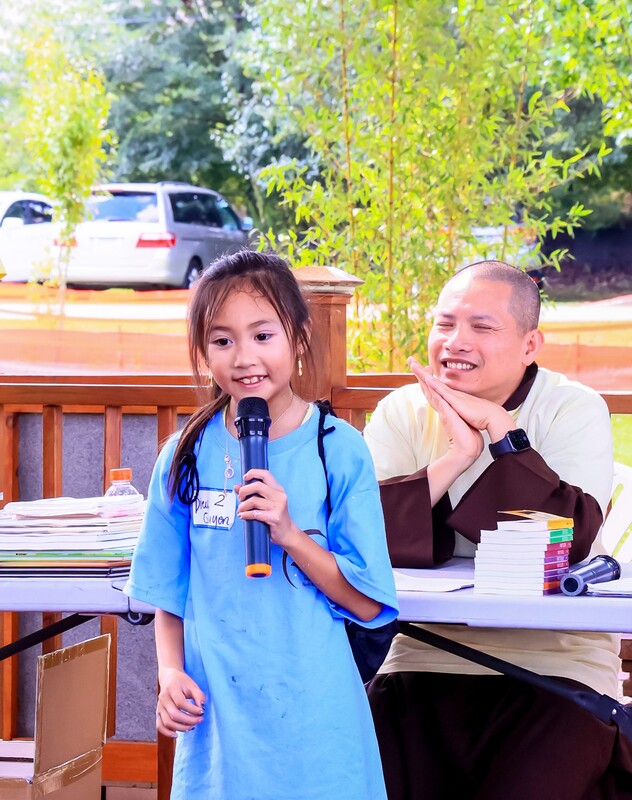
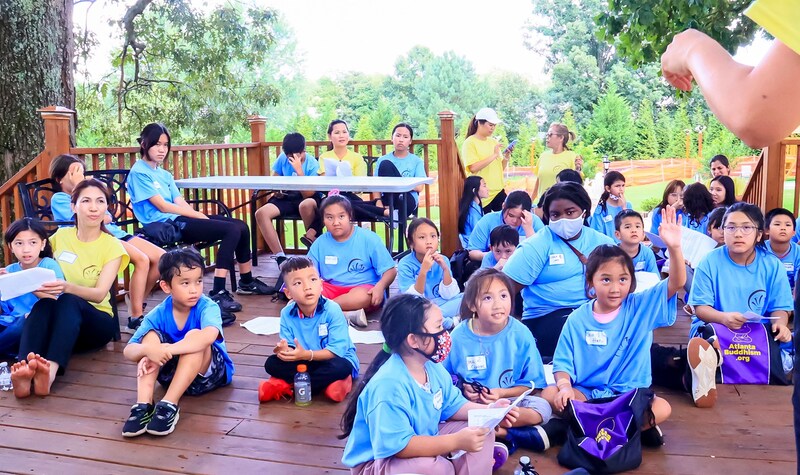
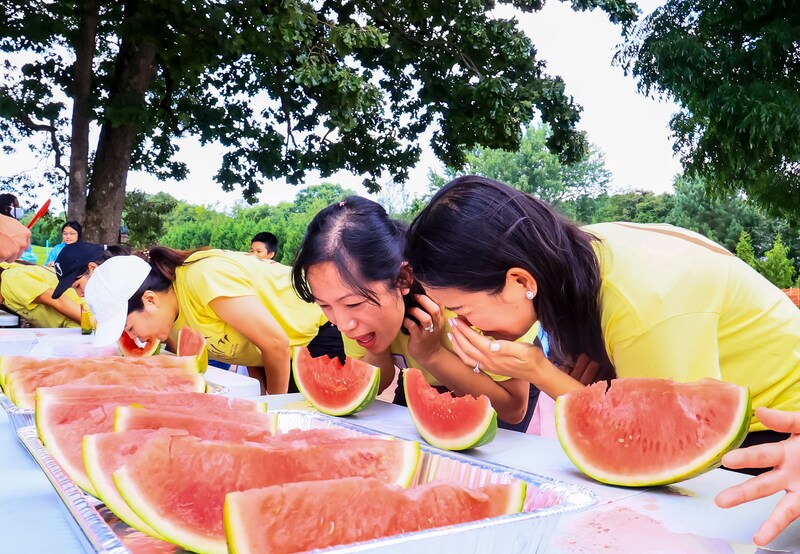
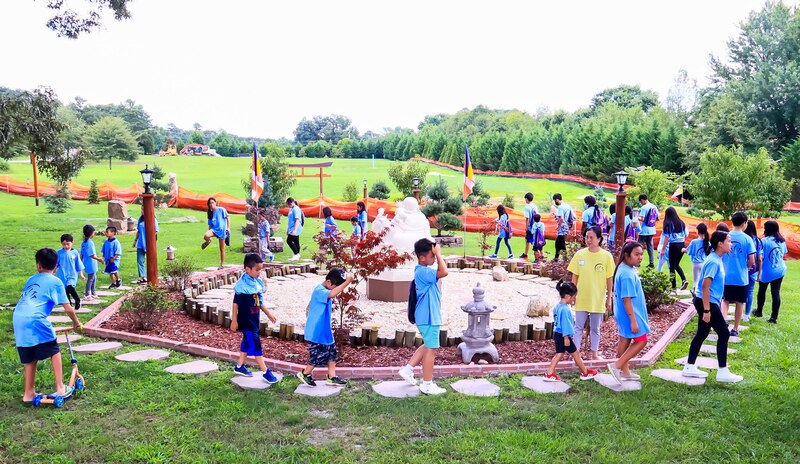
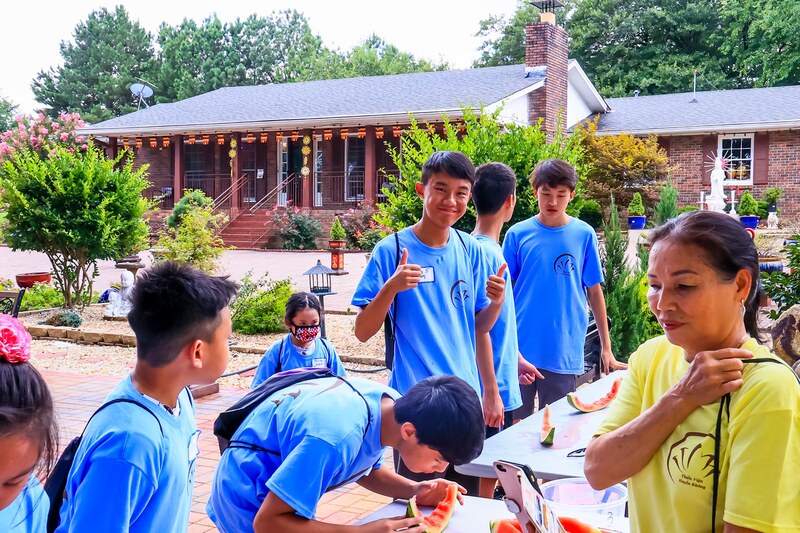

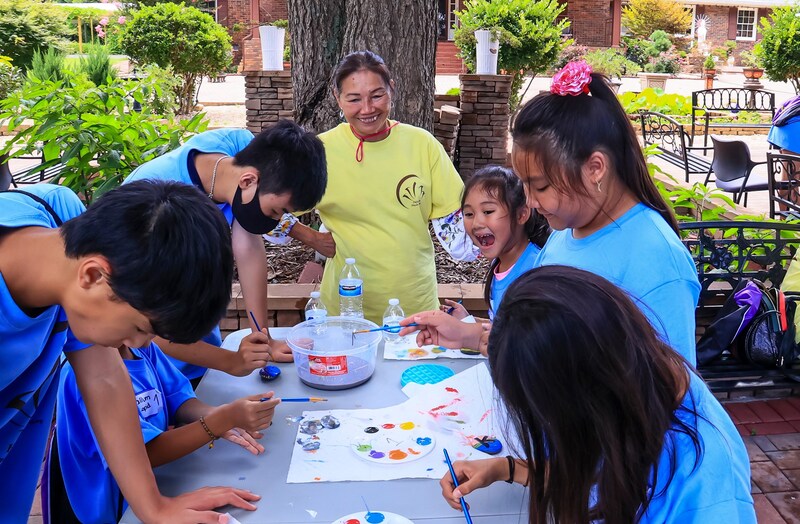
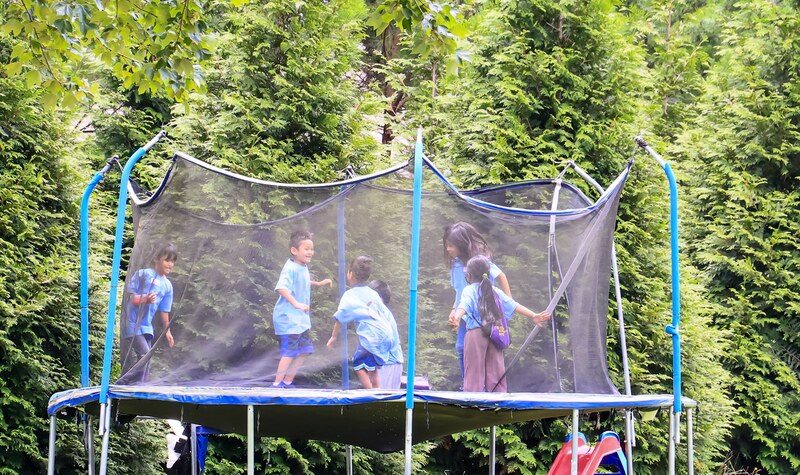



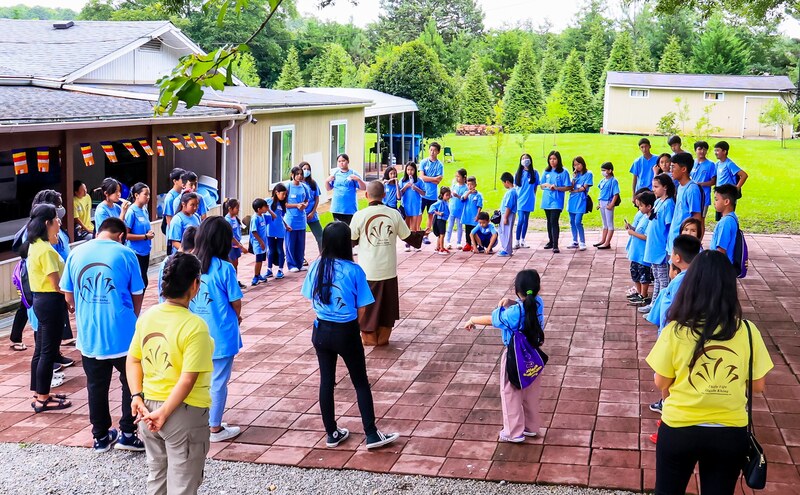
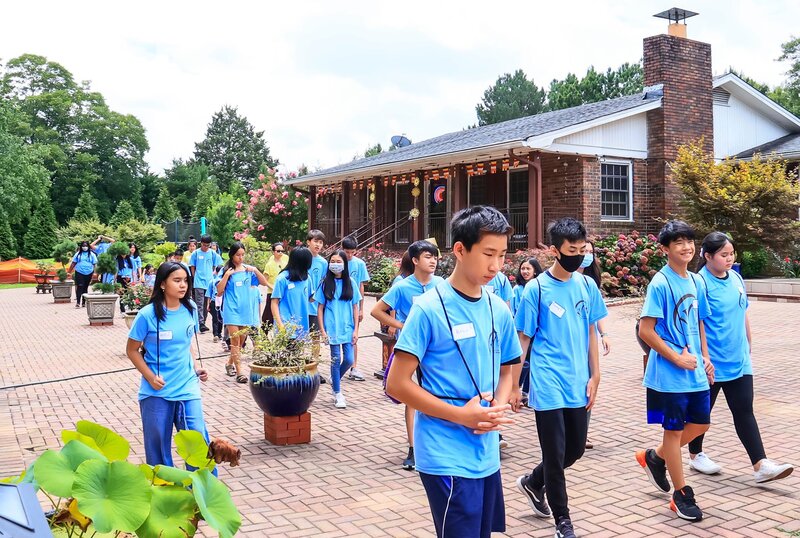
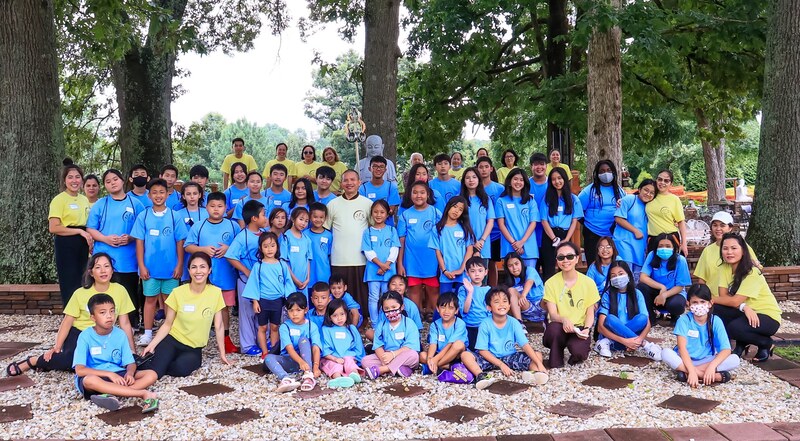
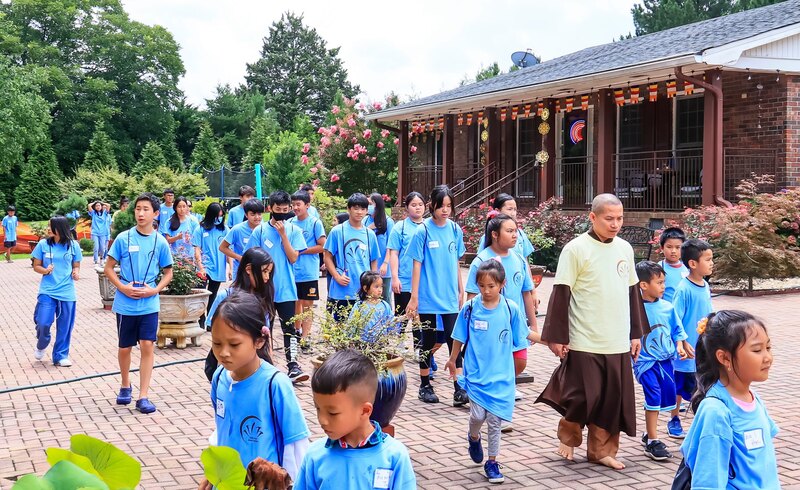
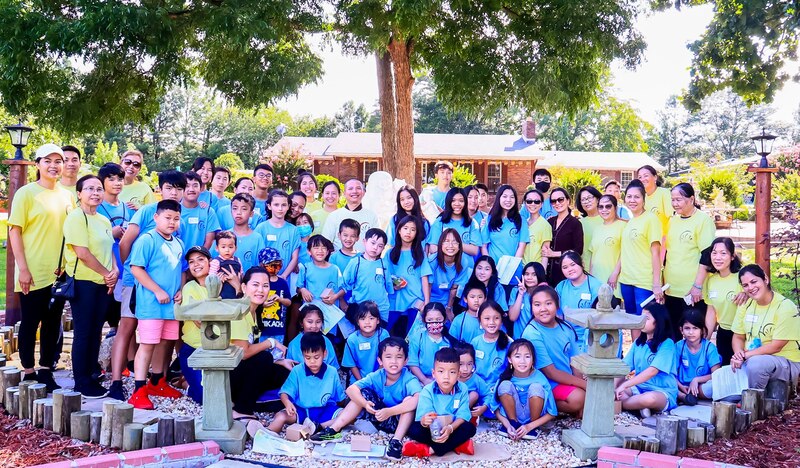

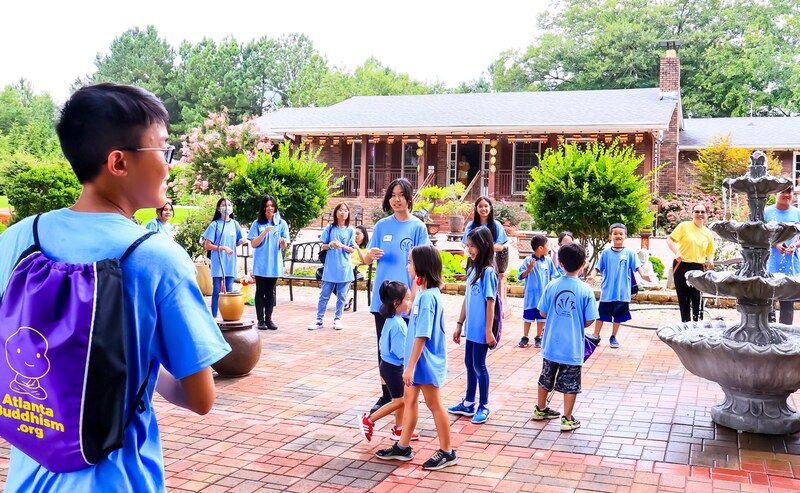
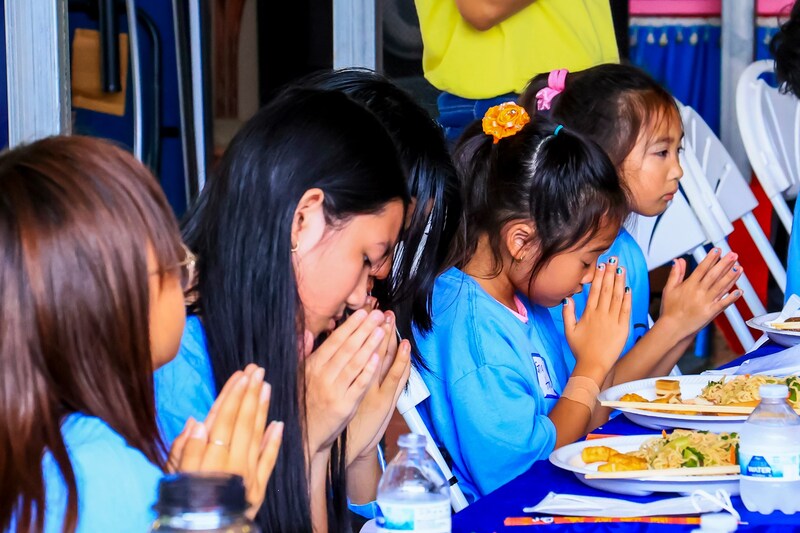



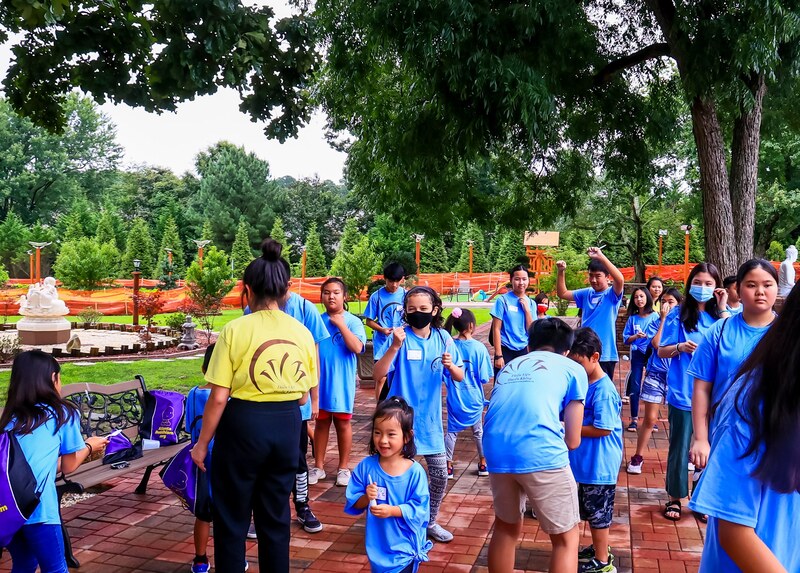

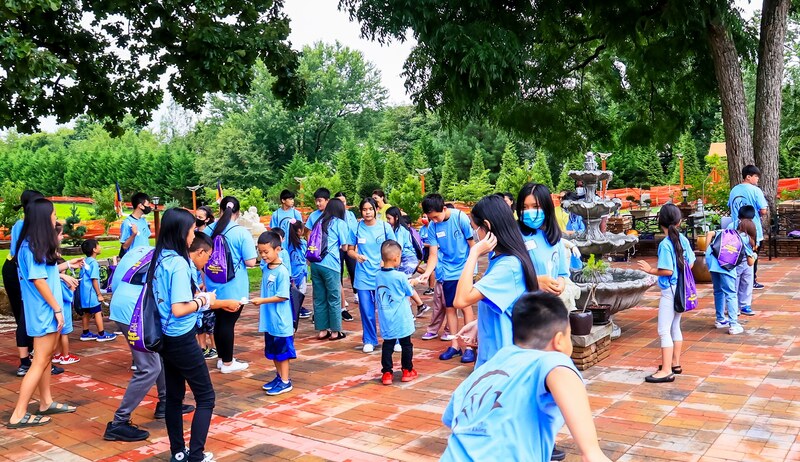


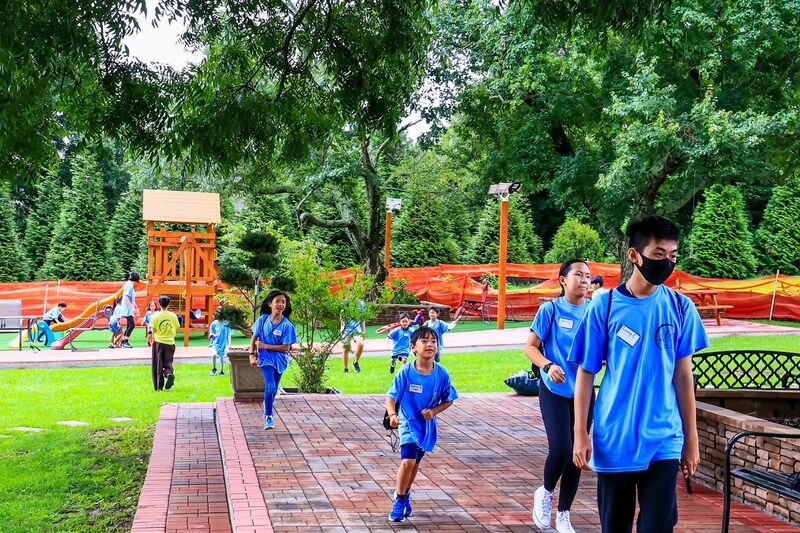
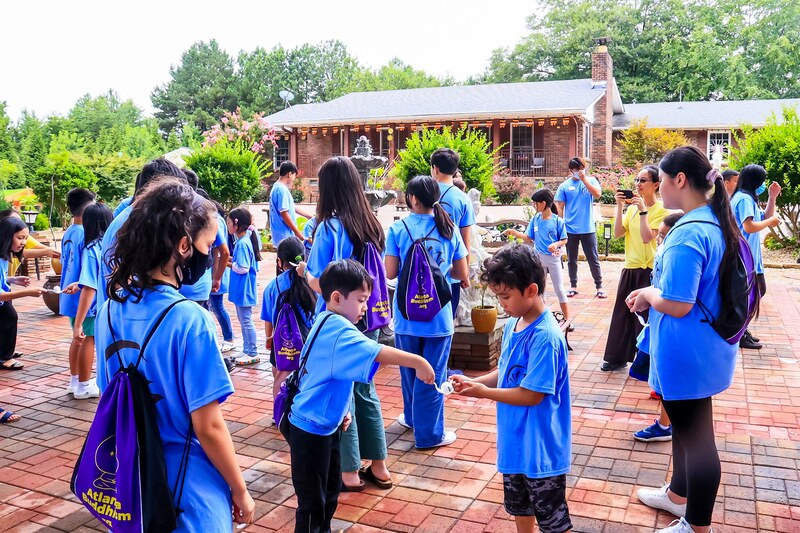
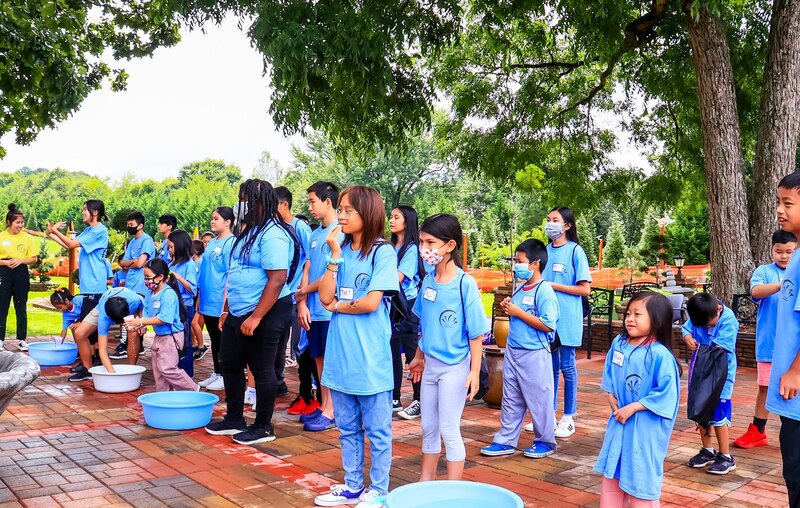
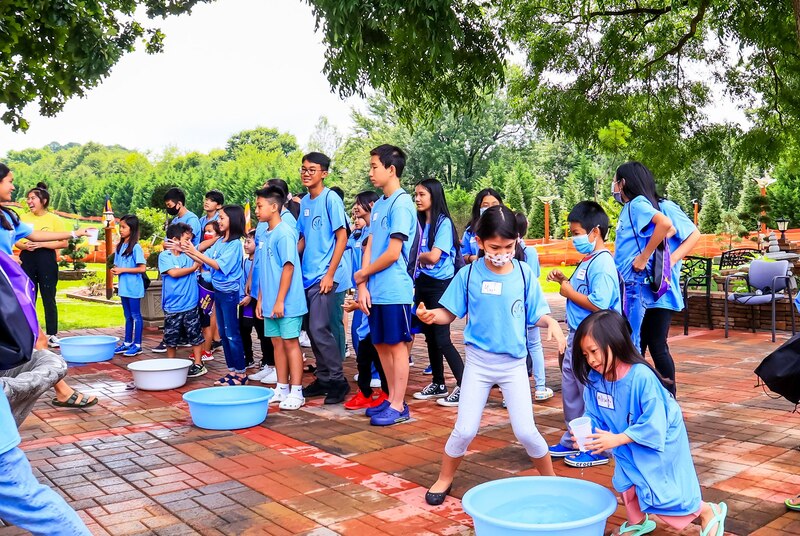

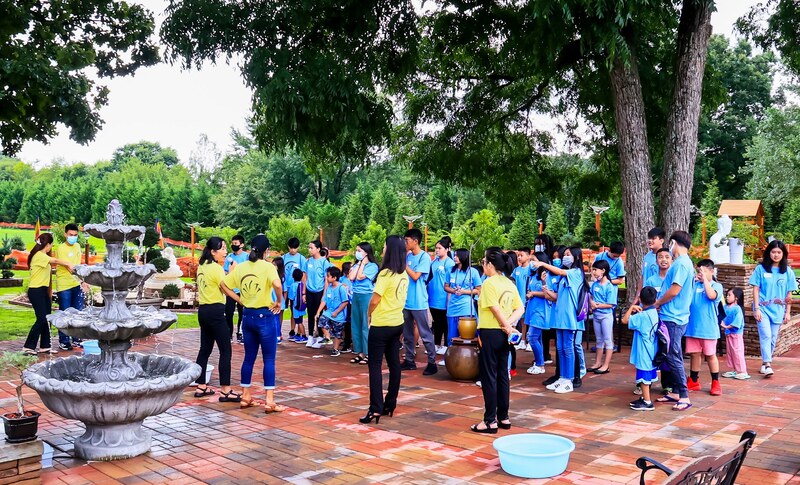
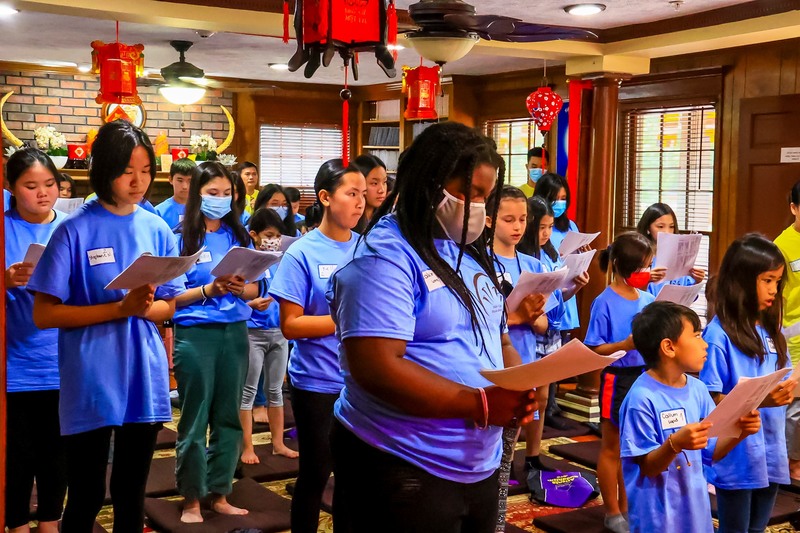

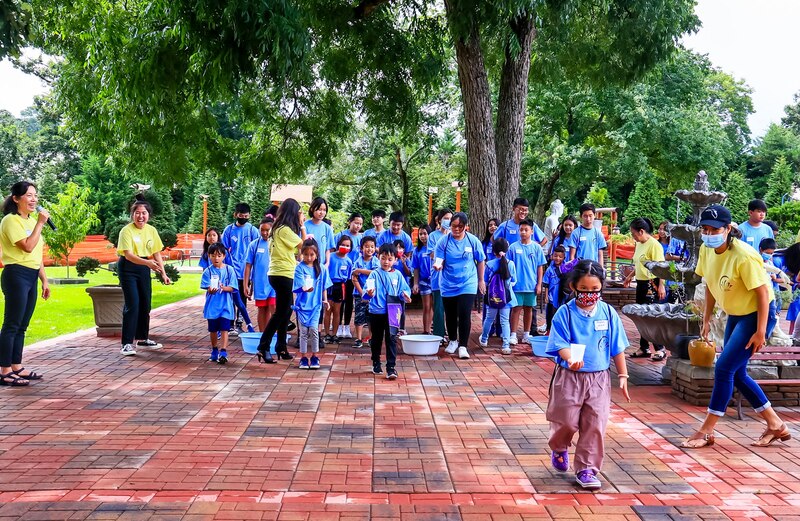
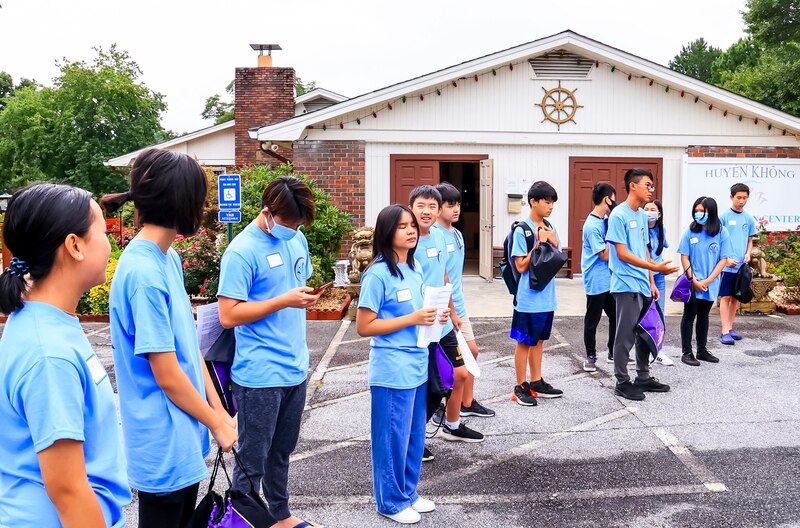

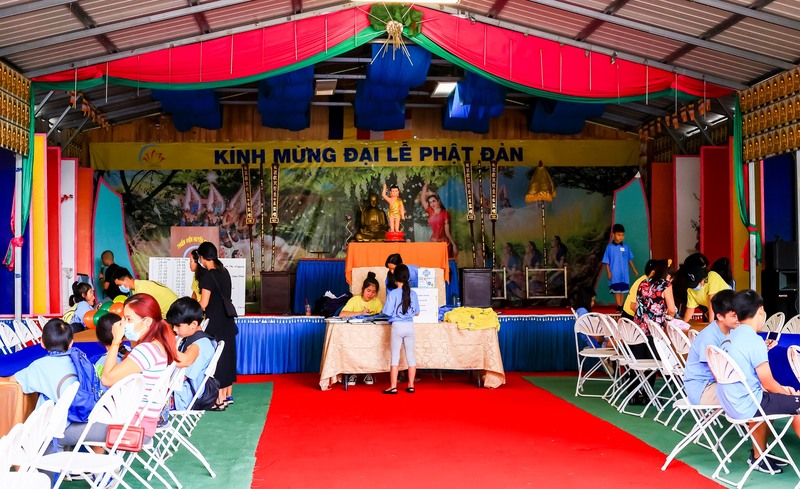







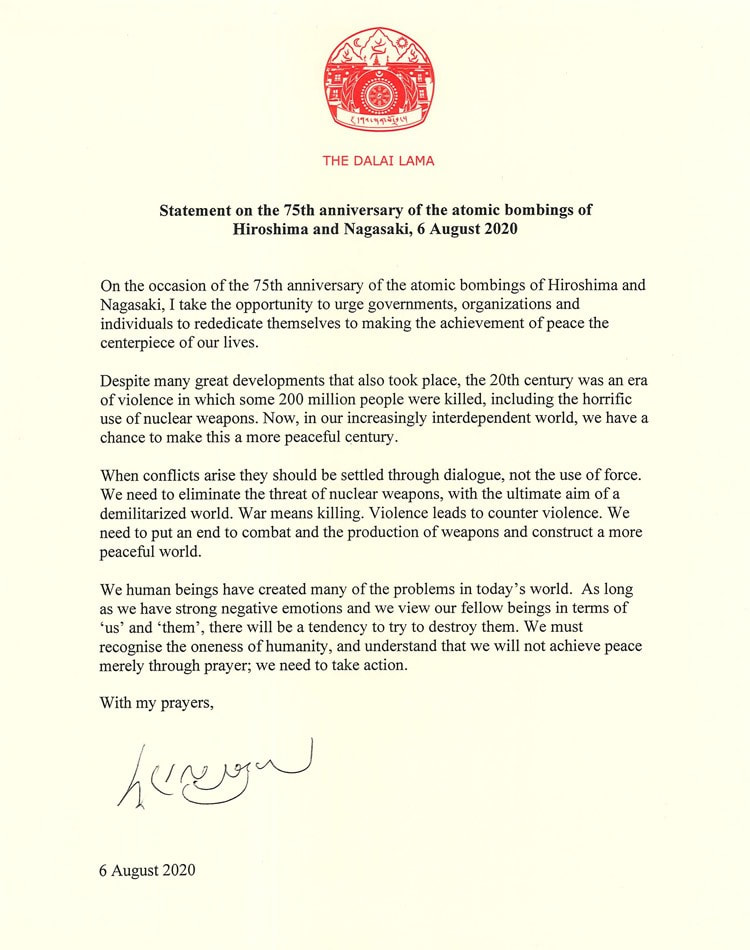
 RSS Feed
RSS Feed